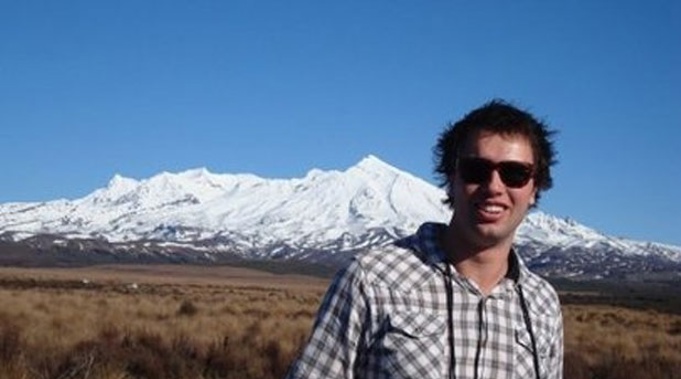
While Zachary Gravatt lay in a hospital bed dying of meningococcal disease, one of his doctors was battling Auckland traffic.
He would later joke about being delayed "because he needed to finish dessert", an inquest into the young man's death has heard.
The on-call doctor and a medical colleague from Auckland City Hospital were eating at a Japanese restaurant in Ponsonby when he received the first call about Gravatt. The call ended at 6.14pm on Wednesday July 8, 2009, just 61 minutes before Gravatt died.
Doctor A, whose name, like a number of other witnesses at a new coroner's hearing ordered into Gravatt's death, is suppressed, asked his colleague and friend to return to work to help. The friend paid and they made their way separately back to the hospital.
There is uncertainty about when Dr A arrived at the Department of Critical Care Medicine, but evidence before Coroner Morag McDowell indicates it may have been around 7pm.
A lawyer assisting the coroner at today's inquest in Auckland, Simon Mount QC, said that with a normal driving time for the 2.8km distance of 10 to 12 minutes, the actual driving time on the night of about 40 minutes was extraordinary.
"That's what happened," said Dr A.
The inquest into the death of the 22-year-old Auckland medical student is probing whether he could have survived meningococcal disease if he had received earlier treatment or senior medical staff had been involved earlier in his intensive-care stay.
Deputy Solicitor-General Virginia Hardy ordered Gravatt's original inquest, whose findings were published in 2011, be reopened because of an anonymous letter about the case that was sent to his grieving parents, alleging failings in their son's care.
On the day of his death, Gravatt had woken early in the morning suffering a fever, headache and extreme pain in his right groin.
He went to a GP at around midday, was taken to hospital by ambulance and died in an intensive care unit at 7.15pm.
His symptoms were at first thought to be from influenza. Later meningococcal disease was considered the cause and he was given antibiotics for this.
His father Lance told the hearing that receiving the anonymous letter had plunged his family deeply back into the anguish they experienced when Zachary was sick and died.
"We now have no idea what happened to Zachary that night. The possibility that he may have suffered terribly for well over an hour, knowing he was going to die, and without his family by his side, breaks me. The letter has reopened all of our old wounds. My family needs answers."
Dr A told the inquest today that he drove from Ponsonby to the hospital via areas including Newton Gully and Grafton Rd.
He remembered being stuck fast in traffic in Newton Gully.
The doctor said the anonymous letter alleged he failed to respond to the call-back and go to the hospital. He said that was untrue: he did respond and did go to the hospital, as quickly as possible.
In a phone call with hospital staff he had already identified meningococcal disease as the likely cause of Zachary's symptoms, and not influenza, and had instructed treatment with a different antibiotic than the two he had already been given.
He said that when he arrived in the intensive care unit, "the scene was quite chaotic".
Mount, citing medical authorities, indicated that, "barring circumstances beyond one's control", 20 minutes was the maximum time for on-call attendance. He asked Dr A if 45 minutes to attend fell below the Auckland District Health Board's standard.
The doctor replied that Mount would need to ask the DHB.
Another health worker said about a week after Zachary's death, Dr A had made a joke about being delayed "because he needed to finish dessert".
"It was a joke. It wasn't meant to be taken seriously."
But when questioned by Mount, Dr A denied saying these things and couldn't account for why the health worker might say them.
Dr A's lawyer, Matthew McClelland QC, asked him, "Do you eat dessert?"
Dr A: "No, not normally."
Take your Radio, Podcasts and Music with you









